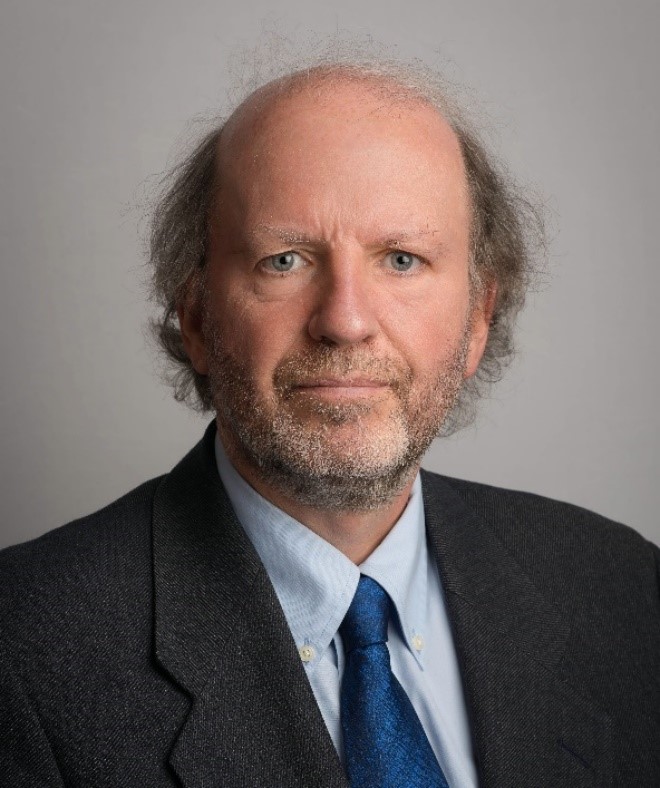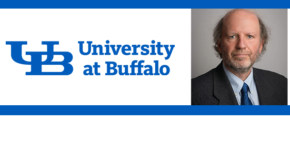 On SUNY Distinguished Professor Week: Do positives come out of disasters?
On SUNY Distinguished Professor Week: Do positives come out of disasters?
Michel Bruneau, SUNY distinguished professor in the department of civil, structural, and environmental engineering at the University at Buffalo, examines this question.
Michel Bruneau is a SUNY Distinguished Professor at the University at Buffalo, a Fellow of the Canadian Academy of Engineers and of the American Society of Civil Engineers, and Emeritus Director of a National Science Foundation’s national engineering research center focused on preventing disasters from extreme events. He has worked for more than three decades as part of multidisciplinary teams advancing the goal of disaster resilience and has received more than 20 prestigious awards for this innovative work, including a lifetime achievement award. Michel Bruneau is the author of “The Blessings of Disaster”, an entertaining non-fiction book that Publishers Weekly called ”an engrossing study of human complacency, myopia, and faulty risk perception on a grand scale.
The Blessings of Disaster
When looking at the existential threats ahead of us, one may ask: Are we doomed? Without any hesitation, I can say with unwavering confidence that the answer is definitely: “It depends.” This is because the story of our relationship with past and current disasters can provide insights on our future as a civilization – on how, as a society, we will tackle both upcoming disasters, as well as existential threats. Let me explain.
My research focuses on developing resilient structures that can better survive extreme events. Among many things, part of this rigorous engineering endeavor involves building expensive large scale structures and subjecting them to earthquake shaking, explosions, and other extreme forces up to failure and collapse. In other words, for more than three decades, I have legally destroyed structures to demonstrate how to create a more resilient infrastructure. Yeah, it’s a blast. But implementing more disaster resilient structures across the country is easier said than done. This is because it requires engineers, architects, social scientists, public policy experts, political scientists and even the public — all with clashing priorities — to agree on a common objective when a consensus often does not even exist within a single one of these groups.
Fortunately, disasters are excellent teachers and there lies “The Blessings of Disaster.” When disasters strike, good solutions that have been developed through research and were ready to implement find their way into practice and become broadly accepted.
Clearly, if we aspire to a resilient society, then everybody should be aware of the story of our relationship with disasters because it is full of important lessons that may foretell our future. Everybody should be aware of The Blessings of Disaster.

Comments
2 responses to “Michel Bruneau, University at Buffalo – The Blessings of Disaster”